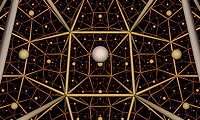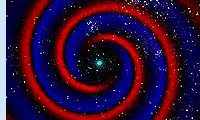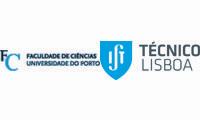| |
Main Speakers
The main speakers will each give a minicourse of three
one-hour lectures.
Confirmed
main
speakers:
Dmitry
Feichtner-Kozlov (Universitat
Bremen, Germany) (homepage)
Combinatorial
Algebraic Topology and applications to
Distributed Computing
Combinatorial algebraic topology is a field
combining ideas and techniques from algebraic
topology and discrete mathematics. Techniques
from this field can be successfully applied in
Theoretical Computer Science, in particular
for analyzing distributed algorithms. (pdf)
|
Michael
Farber (Queen Mary, University of London, UK)
(homepage)
Topological
Robotics
In Robotics, one associates with a
given mechanical system its
configuration space, that is, the
space of all possible states of the
system. One of the main directions of
Topological Robotics is the study of
the topology of configuration spaces
of important mechanical systems, for
instance of linkages of various kinds.
|
Piotr Sulkowski
(Univ. Warsaw)
(homepage)
Random matrices,
topological recursion, and
applications of topology to
biomolecules
Within the last few years we have
witnessed great progress in the theory
of random matrices. In particular a
powerful formalism, topological
recursion, has been developed, which
has already found a lot of
applications in various branches of
mathematics (in particular algebraic
geometry and knot theory), high energy
and statistical physics, and even in
some problems inspired by biology. In
this mini-course I will discuss this
formalism, present how one can use it
to derive the classification of
multi-stranded configurations of RNA
chains, and briefly discuss a few
other applications
|
Ulrich
Bauer (TU München) (homepage)
Topological Data
Analysis
Persistent homology is an algebraic
tool for measuring topological
features of shapes and functions which
can be used, for instance, for
homology inference of shapes from
point clouds. It provides a
fundamental tool for Topological Data
Analysis.
(pdf1;
pdf2;
pdf3)
|
|




